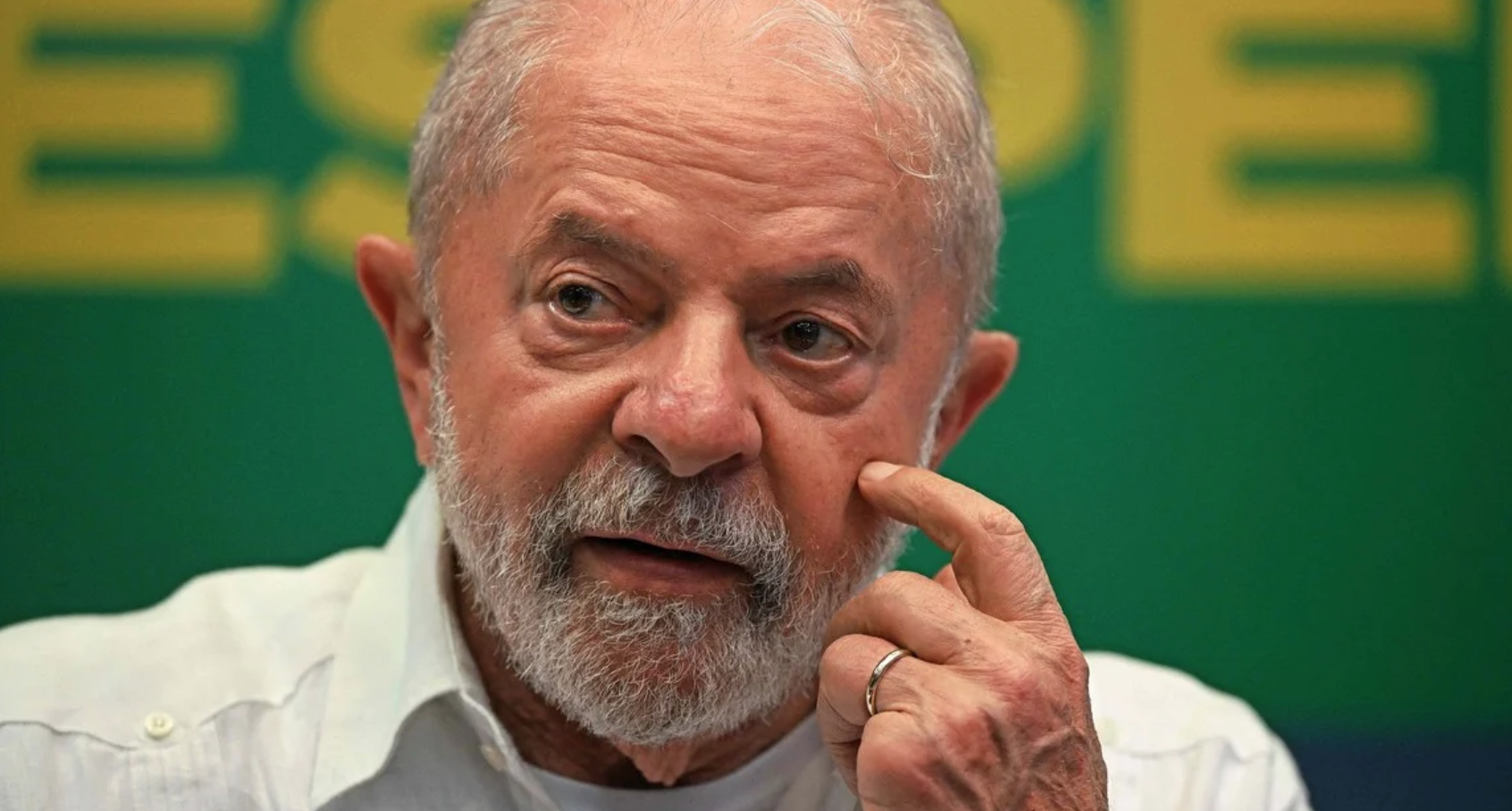Despite the landslide defeat in the constitutional plebiscite in Chile, broad sectors of the Latin American left (including President Boric himself) were still cherishing the idea, until the eve of the Brazilian elections, that the “imminent” victory of Lula in the first round of the presidential elections would establish a triangle of progressive governments (Colombia, Chile, Brazil) on which a new progressive cycle could take hold in the region.
From this perspective, the election results of Sunday, October 2 in Brazil are cold water for those who had these forecasts. Despite the 48% of the votes obtained by Lula da Silva, the truth is that he cannot be sure of winning the second round on October 30. The surprising 43% support obtained by Bolsonaro against all polls shows that he counts on a much larger and more loyal conservative vote than expected. On that basis, the current president may struggle to attract during the month of October the votes of the smaller parties and part of that 22% that abstained from voting this time. In short, far from being resolved, the electoral contest continues.
However, Lula has already had to concede a major defeat in the legislative and state elections. Bolsonaro’s party holds the largest bench in parliament and several of the important governorships, such as Rio de Janeiro have been won by the incumbent’s candidates. Thus, any Lula government would face a large part of the Brazilian representative political system. It is not surprising that there was so much satisfaction in the partisan headquarters of the loser Bolsonaro on the night of the election.
It is interesting that the explanations about the unexpected electoral result in Brazil from those who trusted in this new progressive cycle in Latin America are so few and isolated. A good part of them points to tactical errors in Lula’s campaign and to the powerful disinformation and threat machinery of President Bolsonaro. And there seems to have been plenty of both in the campaign. But the heart of the matter is much more structural and global. It refers to phenomena that have appeared in different latitudes (Trump, Brexit, Bolsonaro, defeat of the plebiscite in Chile, Italian elections, and the most recent examples).
The elections in Brazil reflect the same situation as in Chile and Colombia: three countries where a left-wing government is in power in the midst of a politically and culturally divided society. The division in the Colombian case is traditional and Gustavo Petro is trying to operate through spectacular actions, but it is difficult to predict whether he will achieve the strategic objective he has set himself: to reconcile Colombian society.
In Chile, President Boric believed he had a broad base of electoral support and the result of the constitutional plebiscite showed that this perception was a mirage. The deep, conservative-oriented country handed him a notable defeat in the referendum. And in Brazil, the narrow result in this first round clearly shows the existence of two countries: a conservative Brazil and a progressive one, which may lead to dangerous situations if polarization deepens.
Petro, Boric, and Lula (in case he wins the presidency in the second round) must rigorously identify this division of worldviews that exists in their countries and operate accordingly. All indications are that radical tugging in their government action could produce strong sociocultural resentments that provoke reactions in the opposite direction.
Brazil confirms this deeper diagnosis in which the region finds itself. Far from manifesting the development of a new progressive cycle, what is evident is the existence of a deep social and cultural division that is repeated in the countries, and that a progressive perspective must prevent it from advancing towards polarization. It is time to engage in a constructive dialogue with those who do not think like us.
Translated from Spanish by Janaína Ruviaro da Silva













